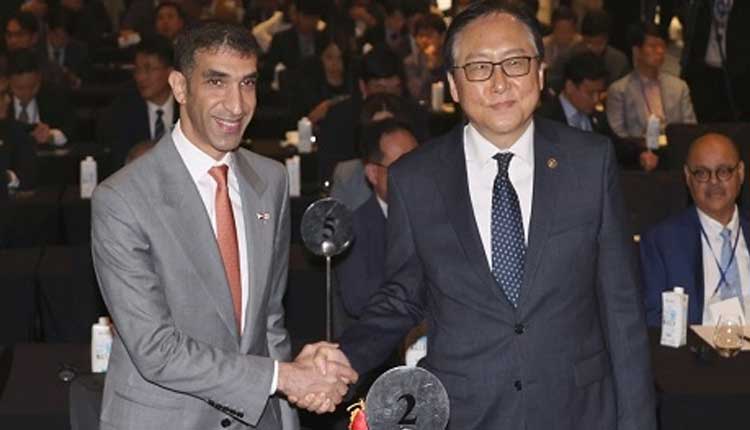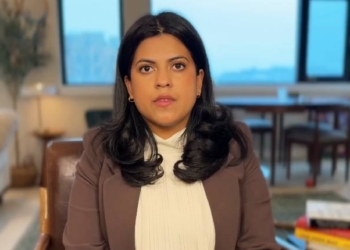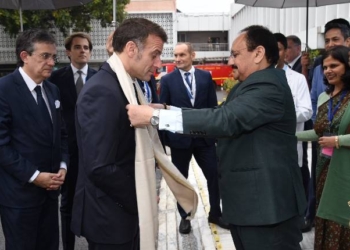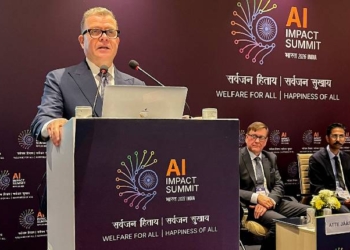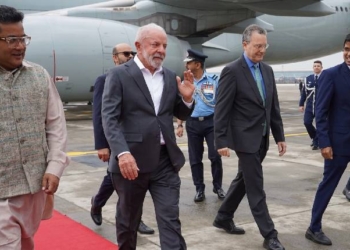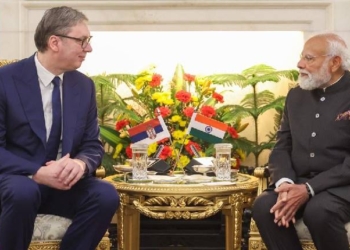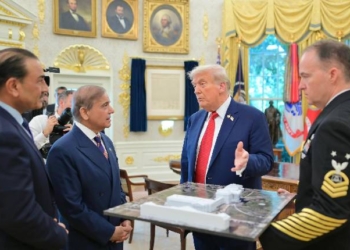Seoul: Business leaders of South Korea and the United Arab Emirates (UAE) on Tuesday discussed ways to enhance economic cooperation and develop business partnerships in new industries, such as clean energy and ICT, a major business lobby here said.
The Korea-UAE Business Investment Forum, held in Seoul during the state visit of UAE President Mohamed bin Zayed Al Nahyan, brought together around 200 government officials and business leaders, including South Korean Trade Minister Cheong In-kyo and UAE Minister of State for Foreign Trade Thani bin Ahmed Al Zeyoudi, according to the Korea Chamber of Commerce and Industry (KCCI).
“The cooperation between our countries has evolved from developing plants and oil fields into that of a special strategic partnership, exemplified by the Barakah Nuclear Power Plant,” Cheong said in his welcoming remarks. “We will provide support so that the seeds of cooperation can grow,” he added.
The Barakah Nuclear Power Plant in Abu Dhabi, South Korea’s first overseas nuclear project, symbolizes the two nations’ collaboration, reports Yonhap news agency.
Since establishing diplomatic ties in 1980, South Korea and the UAE have partnered in various sectors, particularly in those of energy and construction.
Bilateral trade between the countries reached $20.8 billion in 2023, a significant increase from $190 million in 1980, making the UAE South Korea’s 14th-largest trade partner.
“With the Comprehensive Economic Partnership Agreement (CEPA) signed in October last year, Korea and the UAE are expanding cooperation beyond traditional areas, like energy and infrastructure, into new industries,” KCCI Executive Vice Chairman Park Il-joon noted.
In discussion sessions, business leaders discussed ways to enhance cooperation in clean energy, ICT, communications, logistics, manufacturing and trade through the CEPA.
The KCCI said the UAE is the only Middle Eastern country with a special strategic partnership with South Korea, and expressed hope that the forum would deepen bilateral cooperation and expand exchanges in new industries.
(IANS)




